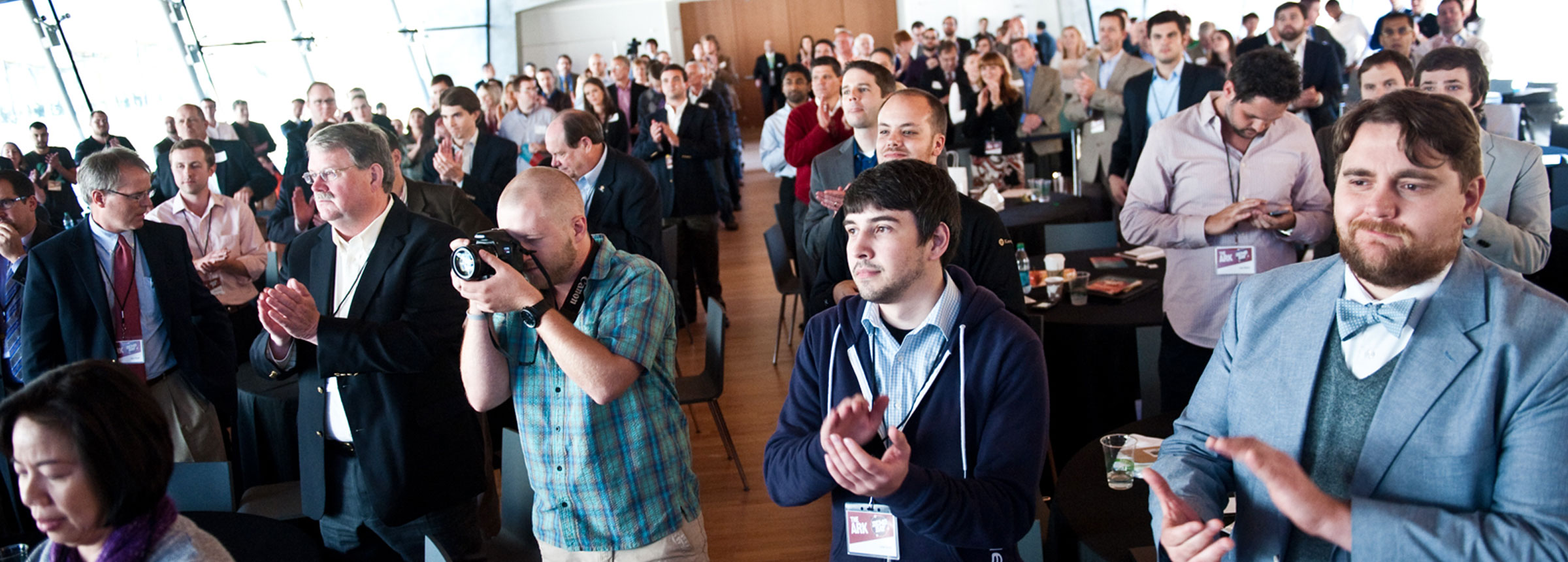
Winrock Forward
Winrock President and CEO Rodney Ferguson outlines his vision for creating maximum impact.
Interview by Chris Warren
As the President and CEO of a development organization with projects in the U.S. and around the world, Rodney Ferguson often carves out reading time while on airplanes. On a recent trip from his home base in Washington, D.C. to Winrock International’s office in Little Rock, Arkansas, Ferguson read the book Factfulness, which Bill Gates found so compelling that he offered free copies to every graduating college senior in America. At a time when headlines can paint a dim view of the state of the world, Factfulness is avowedly optimistic, arguing that advances in democracy, health and education, women’s rights and other metrics across the world are both positive and irrefutable.
Ferguson can’t help but see the work of his Winrock colleagues in these advances. “Winrock has made significant contributions over the course of our history to the improved social and environmental metrics currently on display around the world. We have helped spread agricultural success. We have brought energy to the places in the world where it’s needed most. We are helping eliminate trafficking in places where it was thought to be intractable,” he says. “These are all part of the global trend toward a healthier, more democratic, more capable world. But it also points out that we still have a very long way to go and we cannot retreat or move backwards.”
Now five years into his job as CEO, Ferguson devotes much of his time these days to thinking about how to best ensure that Winrock is in a position to continue and expand its important work long into the future. Along with the entire executive team, Ferguson recently completed a strategic review to identify ways to augment the impact of existing projects and to identify long-term initiatives that will make Winrock an even more powerful force for good.
Ferguson recently sat down for a wide-ranging interview and explained the vital importance of continuing to diversify funding sources, the long process of cultivating individual donors and why Winrock is needed more than ever.
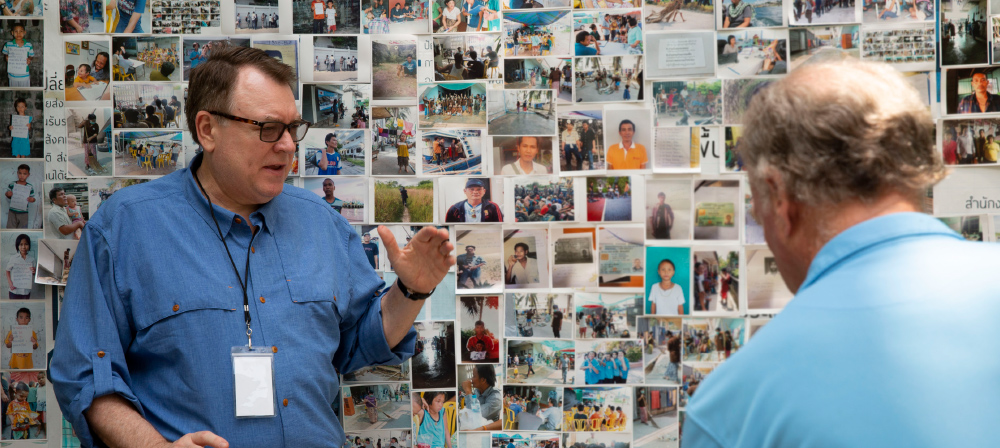
You and your executive team recently completed a strategic review of the organization. What was your main finding?
Any organization has to look very hard at the reliability and predictability of its primary funding source. No business anywhere would advise a strategy of becoming overly reliant on one channel of money. So our push to continue to look for diversified funding is continuing and will continue. We see diversification in a couple of different ways. One is the source of the funding. We are open to new primary sources of funding, which we are going to act on. But the need to leverage our traditional government money is also increasing. More and more, we are seeing money coming out of our traditional funders where the match requirements or partnership requirements is increasing. And the onus is on us, the recipient, to bring other money to the table.
Can you explain that a bit more? Does it mean when Winrock is applying for USAID funding it has to bring money to the table from foundations, corporations, or even its own funding?
It’s all of the above. Often times the requirement is in terms of a percentage of the available funding. If it’s a $10 million project, the government says we’ll give you $8 million. But this project is still a $10 million project. It’s up to you to find another $2 million.
What are the implications of those requirements for Winrock?
We are trying to attack this problem in a number of different ways. One sounds wonky, but it is important. We are proceeding with becoming full cost accounting standards compliant so we can have more flexibility to pursue contractual work. We already pursue contracts but we are limited in the percentage of our overall revenue that can be managed as contracts by the fact that we are not fully compliant. When this happens, we can pursue more contracts because it allows us to charge fees to generate unrestricted revenue that we can then plow back into the business.
Are you also pursuing entirely new funding sources?
Yes, we are continuing on a path to raising unrestricted money from donors. We are now really beginning to identify and meet with people who we think would see Winrock as a good recipient of their philanthropy. One of our board members said this is a long and arduous process; it’s a ten-year project. But we are on it and there’s really no turning back.
Why is it such a long process?
While we are very well known and well respected in the world of development, we are largely unknown by donors who could make meaningful gifts to Winrock. This becomes a bit of a branding and awareness challenge for Winrock and it requires doing it person by person. We are also an organization that has never really invested in driving philanthropic support. We are just now doing that on a small scale. We are not going to go out and make major investments in fundraising until we have demonstrated some success in doing it. The other thing we are doing is looking at how to get our board more involved to help to fundraise and to bring potential donors and philanthropists closer to the organization, and potentially serve on our board. All of these things take time.
How do you find individual donors who would be interested in supporting Winrock’s work?
Like everything, it is an algorithm. One part is an interest in the broad thematic work we do: International food security, renewable energy generation and sustainability, anti-trafficking, domestic economic growth and skills development. There are lots of people who are interested in these issue areas. We have to do our homework to identify individuals who we believe are sufficiently interested in these areas to engage with us. Then you have to look at their space in life. Are they in a position where they can become donors to Winrock? And you also look at geography. These people often have geographic interests that are regional, local, and in some cases global. You add these things up and then focus on the people who you think are the most compatible with Winrock, the most intrigued by our work around the world, and the most ready to contribute. We’ve already had some successes identifying people who are very interested in hearing Winrock’s story.
You mentioned that you want to have board members involved in this effort. What about program staff?
That’s an important point to emphasize. This idea didn’t just come out of my head. This sprang out of conversations with program folks. I believe our projects and programs and new ideas are essentially investable assets. But we also have to do the work to develop materials that describe those assets. Winrock’s staff have been extremely helpful already in helping us identify what those investable assets and ideas are.
Can you give an example of how this works in practice?
Sure, let’s start with our Ecosystem Services team. There are a couple of different ideas that have sprung up from them that we believe would be of great interest to a potential donor. That would include supporting our work in preventing forest degradation and deforestation, which would be of great interest to someone who is really interested in one of the most measurable opportunities to decrease global warming. On the agriculture side, we believe that international food security remains a big issue. People who believe that one of the challenges of the 21st century is ensuring a safe and reliable food supply for what could potentially be 11 billion people in the world is important to many people. Then of course there is the institution writ large. There are also people who will believe in Winrock as an institution, and understand that we are uniquely positioned around the world to have a lot of impact.
There has been a lot of attention on impact investing recently. Is that also something Winrock is considering?
I think the answer is that we are already quite involved in the world of impact investing. If you look at our history and our current portfolio, things like Innovate Arkansas, the Delta I-Fund in partnership with IBERIABANK, the PIER (Private Investment for Enhanced Resilience) project, which we’ve had with the U.S. Department of State, and the American Carbon Registry. These all involve finance. But is Winrock going to look at getting into the game of raising money ourselves and essentially become the at-risk investor? That is a question we are looking at with our board. But in as much as we have to do that to unlock additional investable resources, we will look at that.
As you know, impact investing has many skeptics. Does that concern you?
There is a lot of impact investing money and there is also a lot of skepticism about it in the world. We understand the skepticism, and in some cases, it is well-founded. However that is not to say there is not a tremendous amount of very serious money around the world that is looking at how to best engage for impact through investing rather than through the traditional form of donations. We need to acknowledge that and examine ways to responsibly pursue impact investing.
If you’re successful at attracting new donors and financing, what will that mean for the future size of Winrock?
Well, the other thing that came out of the strategic review is the recognition that in order to be able to exercise the market power and the economies of scale we need to be fully competitive we do need to grow. And a lot of the questions are around how big we should be and how much we should grow. Here’s what we settled on: We think it’s an attainable target to reach $150 million in the next five years or so. That is the marker we are setting for ourselves. But we also agreed that we have to bring our systems along as we grow. We’ve made some progress, but we have to make more progress.
How do you achieve that level of growth?
I think we get there primarily through organic growth. We could also use smart combinations to get there, meaning mergers and acquisitions. We believe that there is and will continue to be some consolidation in the development industry going forward. And with that there will be organizations that have tremendous talent and skills – particularly in a niche that is complementary to what Winrock already does – that may be interested in joining with a larger organization.
Are there growth strategies you won’t consider?
Winrock is not going to be absorbed by anyone. The other question that comes up is whether we are interested in getting into businesses we are not in already? The answer is that we are not going to say categorically that we won’t do that. But the near-term is more looking for things that are more immediately complementary. But in the long-term we are interested and amenable to looking into new lines of business. That may be certain aspects of health care delivery, and certainly nutrition is an area where we should and must continue to add resources.
In the last Winrock Forward we talked about development organizations evolving and growing to address challenges on a regional basis rather than country by country. Has that continued?
The development world is continuing to move in a bit of a dichotomy. There are big organizations that can take on large regional challenges. An example is the Gates Foundation’s strategy in Africa. They are working on a big implementation scale and they may also work with smaller organizations in particular areas and particular verticals across geographies. But organizations also need large-scale managers and implementers who are able to work across geographies. That is an area where we have to be prepared. We want to be able to compete as an at-scale implementer while still implementing vertical projects in things like agriculture and trafficking. We can do both but our future is in being able to play at scale, not as a niche provider. Organizations like the Rockefeller Foundation, the Gates Foundation and the Norwegian government, who are looking at deforestation around the world, they all want large-scale partners.
You’ve been in this job for over 5 years now. What’s is most satisfying and motivating about the work?
The thing that I appreciate so much about Winrock is the depth of commitment and passion of the people involved. Winrock is an inspiration, and I derive a lot of energy from that. I see so many people who are deeply committed to solving problems around the world. And that is anywhere from the Innovation Hub in North Little Rock to the people who are running our entrepreneurial programs in Southeast Asia to the folks who are running our ag projects in Nepal. Across the board it’s gratifying and it helps give me the energy to keep pushing forward to do the things I know we need to do as an organization to put ourselves in the best position to succeed.
Winrock’s work has always mattered. Is it even more important in today’s global political environment?
I look at Winrock as the best our country has to offer. These are the best people out there working for us and representing our country. They are the best we have to offer the world. When I see people that deride what we do and deride the causes we work for or the people we work with around the world, it propels me and makes me want to work all the harder to overcome those misguided sensibilities and succeed. We have to succeed. The United States is a country full of wonderful and generous people and when people who are not wonderful and generous find themselves in a position to control our destiny, it’s up to us to take it back. I think we do that by succeeding. By doing great work and by showing the rest of the world that there are many faces to this country. And I want Winrock to demonstrate to everyone that the best that our country has to offer is engaged in trying to help the world. But this isn’t just about America. The people we work with globally very much feel the same way about building better futures for themselves and their families. It’s a very exciting and dynamic thing to see the best of our country working with the best people in Bangladesh and the best people in the Philippines. These are people who are really strivers and want to improve their lives and improve their position and improve the lives of their children. That is what drives me. Winrock is needed more than ever.
Related Projects
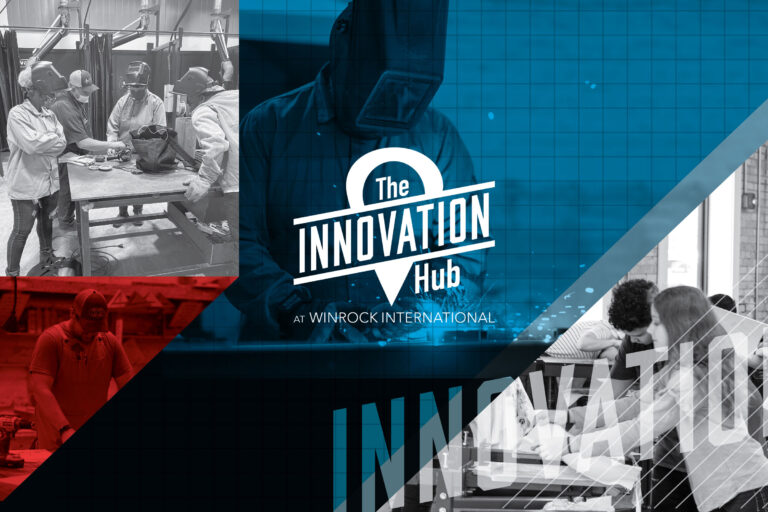
Arkansas Regional Innovation Hub
We have worked hard to create an accessible space that is open to anyone who wants to Learn and Build with us. We believe that the challenges of the 21st-century economy require us to do everything we can to develop, retain, and attract talent — which has always been our state’s greatest asset. That demands […]
Private Investment for Enhanced Resilience (PIER)
PIER is an innovative climate finance project that incentivizes private sector investments in support of national development objectives that address climate change, such as National Adaptation Plans (NAPs), within countries of strategic interest to the United States, including Bangladesh, Dominican Republic, Ghana, Grenada, Guyana, Indonesia, Jamaica, Mozambique, Peru, Saint Lucia, Tanzania, and Vietnam. PIER demonstrates […]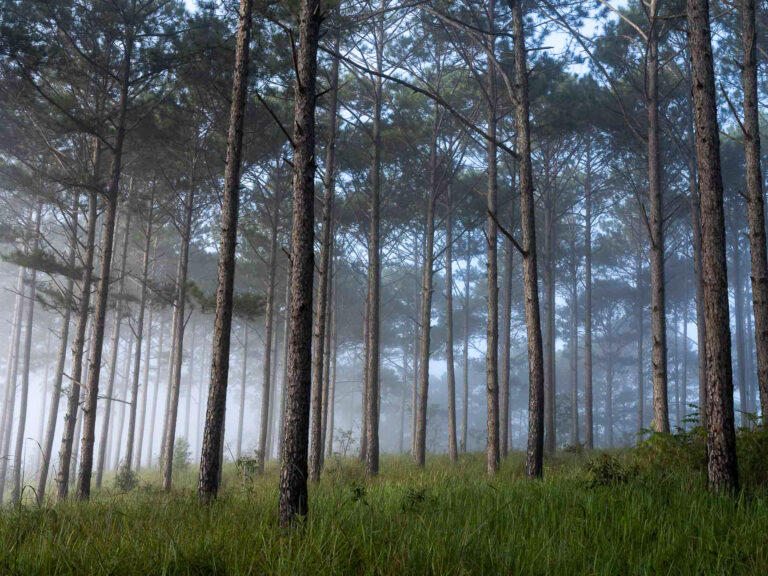
ACR
Winrock has long recognized the threat posed by climate change. ACR, founded in 1996 and operated by Winrock, is dedicated to the belief that markets are the most effective tools to tackle climate change. As such, ACR has developed transparent and science-based methodologies to incentivize carbon reductions in agriculture, transportation and other industries. ACR is also a partner in assuring that California’s landmark Cap-and-Trade Program can manage, verify and credit carbon offsets effectively.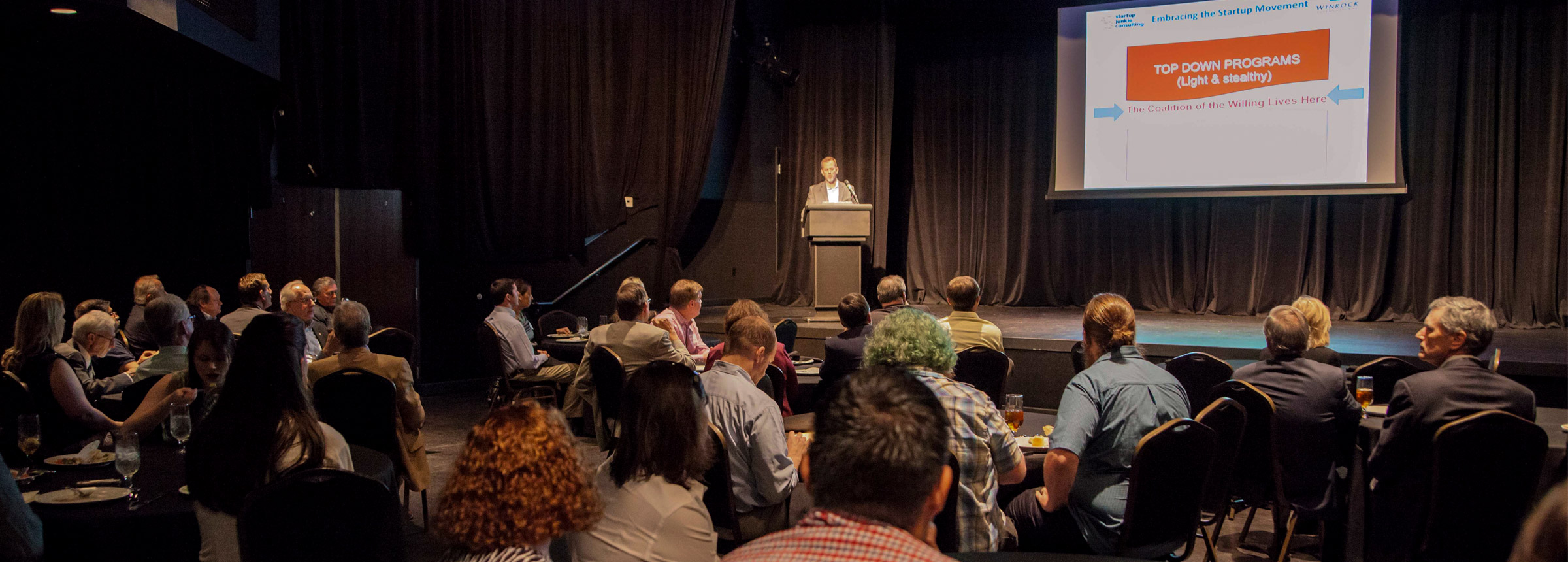
Delta Innovation Fund
Budding entrepreneurs in the Mississippi River Delta region often lack resources crucial to business success — a deficit that discourages job creation, stunts economic growth and perpetuates persistent poverty. To address these issues, the Delta I-Fund program, in partnership with the Delta Regional Authority, trains cohorts of entrepreneurs in successful startup practices, connects them with local…